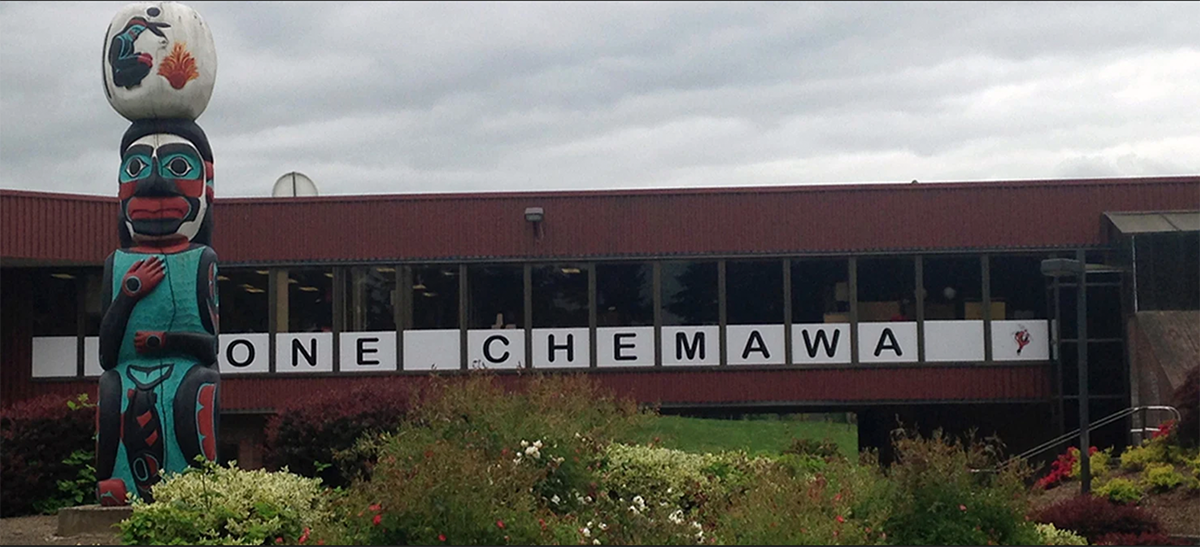
- Details
- By Native News Online Staff
WASHINGTON — With the announcement by the Bureau of Indian Education (BIE) that schools will reopen on September 16 in the midst of the COVID-19 pandemic, the National Congress of American Indians (NCAI) and the National Indian Education Association (NIEA) released a joint statement on Friday expressing deep concern regarding the BIE’s reopening plans its schools and the safety and health of all students, teachers, administrators, and community members.
Here is the statement:
On August 6, 2020, the Department of the Interior (DOI) released a ‘Dear Tribal Leader Letter’ expressing its intent to reopen BIE schools “to the maximum extent possible.” NCAI and NIEA strongly urge DOI to consult meaningfully with tribal nations before reopening BIE schools. DOI must ensure it addresses tribal needs and concerns, such as guaranteeing remote education options, securing reliable personal protective equipment vendors, considering teacher willingness to return to in-person instruction, student transportation needs, and other critical issues.
NCAI and NIEA firmly believe that schools should only reopen for in-classroom instruction if it can be done safely. Moreover, such decisions should only be made after meaningful consultation with, and input from, the local tribal community and its tribal administration. Given the risks to the safety and welfare of Native students and their families, great deference should be given to the local tribal communities’ opinions concerning reopening classrooms. We also believe that BIE must be transparent with its reopening plan and give specific examples of measures it will take to ensure the safety and well-being of Native students and their families. In addition to in-person instruction, there must be an online instruction option, such that education continues seamlessly, especially for students receiving special education services.
NCAI and NIEA are eager to see plans in the form of the BIE “Toolkit” outlined in the August 6 letter. The swift dissemination of this information will demonstrate transparency and aid Indian Country and our Native families to understand the protocols and precautions BIE is taking to ensure a safe educational environment for our most sacred beings – our children.
RELATED: BIE Schools Set to Reopen in September Despite Concerns From Native Educators
RELATED: Oregon’s Chemawa Indian School Goes Online
More Stories Like This
Native News Weekly (August 25, 2024): D.C. BriefsNavajo Nation Mourns the Passing of Former Vice President Rex Lee Jim
Deb Haaland Earns Endorsement From Communications Workers of America Local 7076
University Soccer Standout Leads by Example
Two Native Americans Named to Democratic Congressional Campaign Committee's“Red to Blue” Program
Help us defend tribal sovereignty.
At Native News Online, our mission is rooted in telling the stories that strengthen sovereignty and uplift Indigenous voices — not just at year’s end, but every single day.
Because of your generosity last year, we were able to keep our reporters on the ground in tribal communities, at national gatherings and in the halls of Congress — covering the issues that matter most to Indian Country: sovereignty, culture, education, health and economic opportunity.
That support sustained us through a tough year in 2025. Now, as we look to the year ahead, we need your help right now to ensure warrior journalism remains strong — reporting that defends tribal sovereignty, amplifies Native truth, and holds power accountable.
 The stakes couldn't be higher. Your support keeps Native voices heard, Native stories told and Native sovereignty defended.
The stakes couldn't be higher. Your support keeps Native voices heard, Native stories told and Native sovereignty defended.
Stand with Warrior Journalism today.
Levi Rickert (Potawatomi), Editor & Publisher

